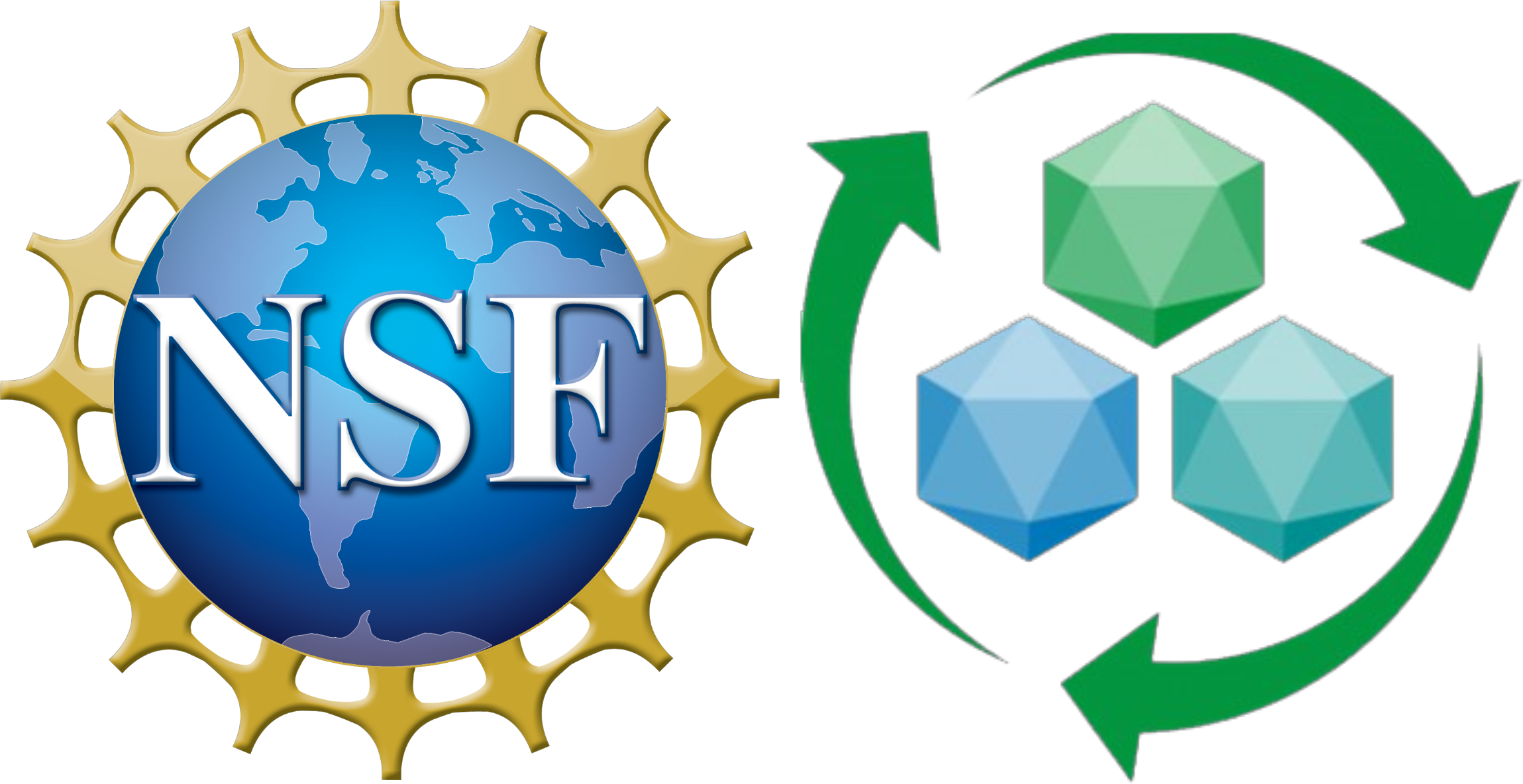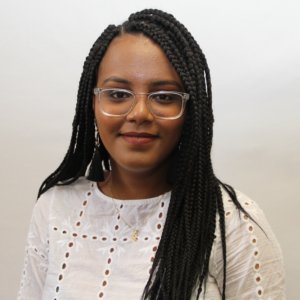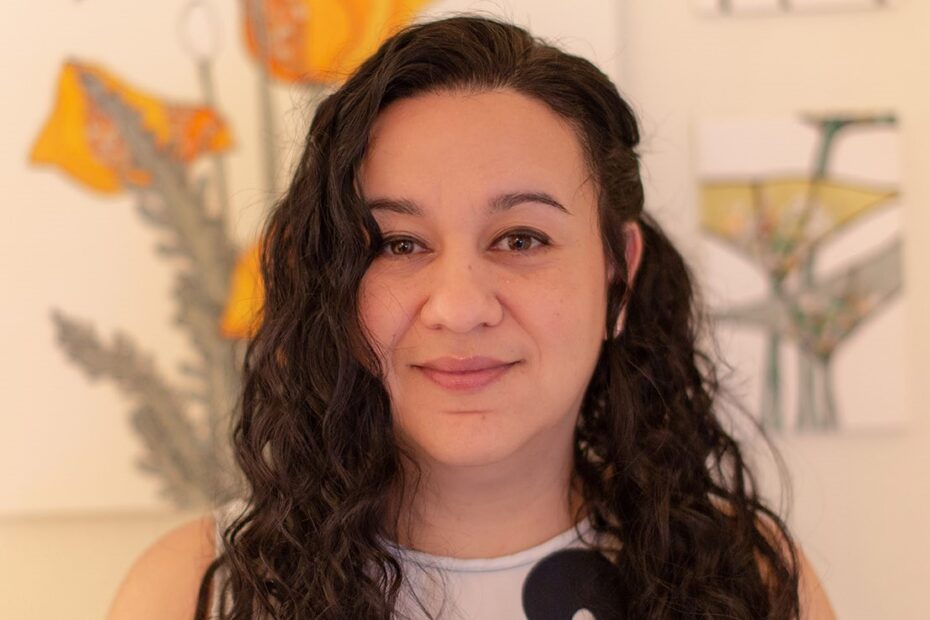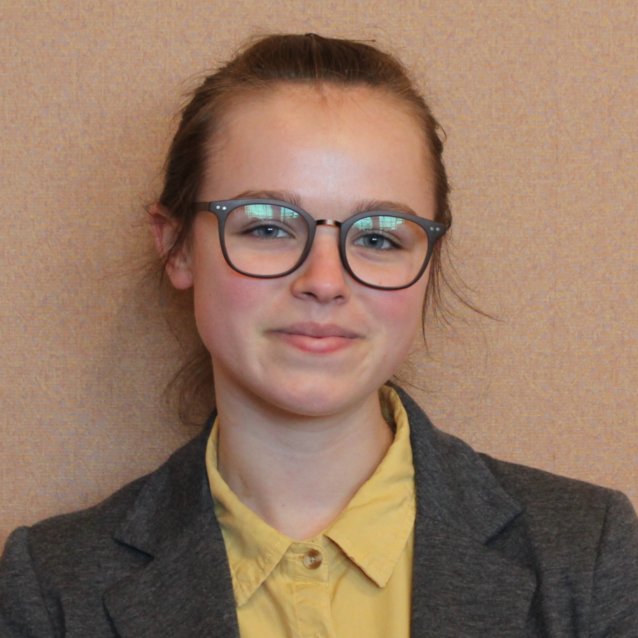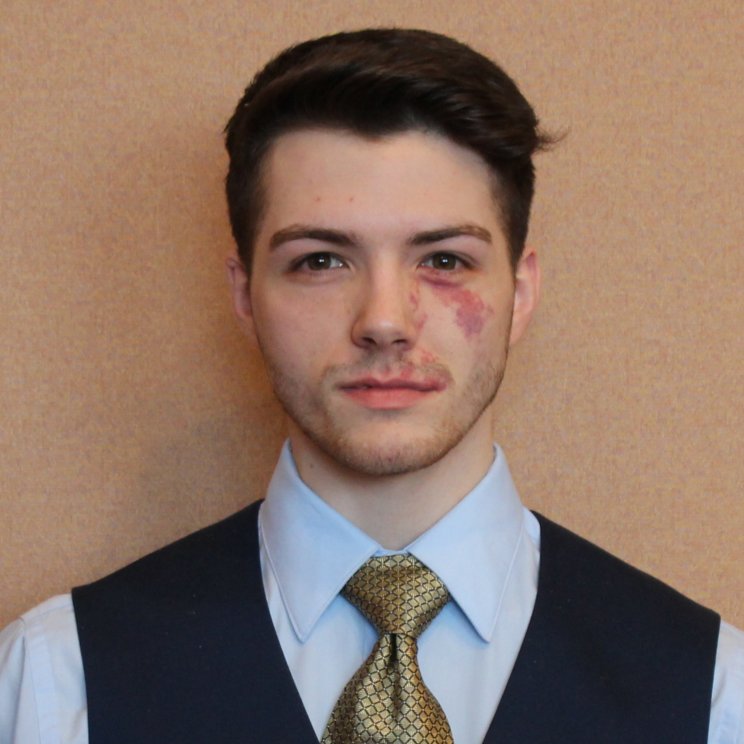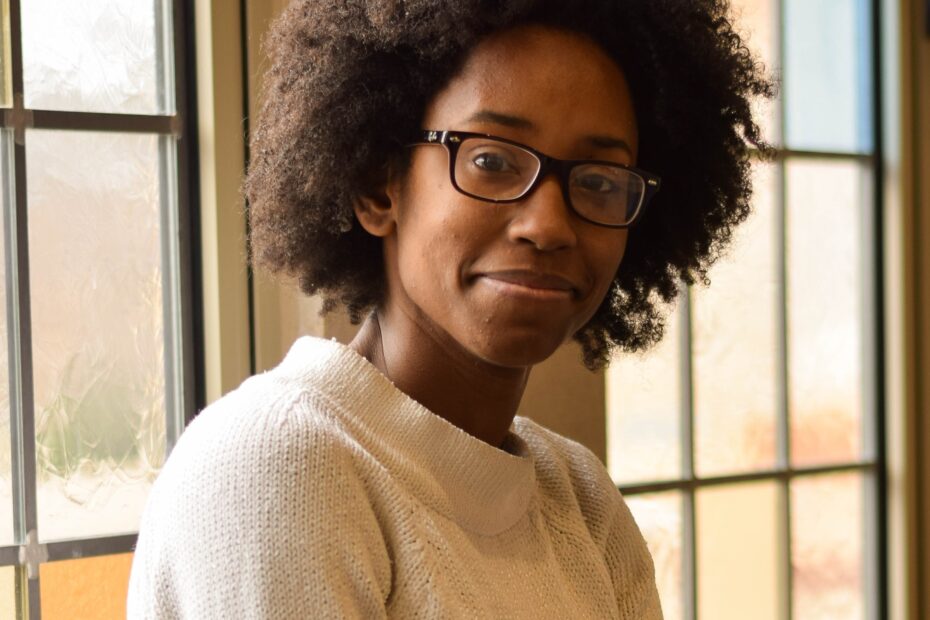We are pleased to announce that Dr. Semarhy Quiñones-Soto will be the CSN’s Scholar-in-Residence for summer 2024. Dr. Quiñones-Soto is an Lecturer in Biological Sciences at Sacramento State, and also works as an independent artist creating artwork to increase the visibility of women of color, who have historically been underrepresented in STEM. Her artist website is here. She will participate in various activities with the center, including a Wednesday seminar about her research and mentoring, and working with students in our Summer Undergraduate Research Experience on a SciArt project.
